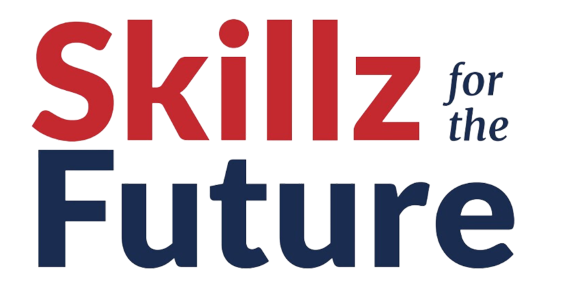Being an effective educational leader requires more than just knowledge in the field. It demands a set of soft skills that can inspire and guide both teachers and students. Here are seven essential soft skills for educational leaders:
Positive Attitude
Maintaining a positive attitude is crucial for educational leaders. A positive leader sets the tone for the entire organisation. When leaders display optimism, teachers are more likely to adopt a positive outlook on their work. This attitude contributes to a healthy and motivating work environment. Positive leaders establish genuine connections with everyone in the organisation and demonstrate patience and kindness even in challenging situations.
Excellent Communication Skills
Educational leaders must excel in communication. Clearly communicating goals and objectives ensures that everyone is aligned and working towards the same outcomes. An open-door policy that encourages suggestions and feedback fosters a collaborative environment. In the ever-evolving education industry, leaders need proficiency in various communication channels, including written, verbal, and virtual, to handle challenges effectively and build lasting connections with stakeholders.
Openness to Feedback and Collaboration
Effective leaders understand the importance of feedback as a two way street. Listening to staff opinions about strengths and weaknesses enhances self-awareness and leadership abilities. It also demonstrates respect for different viewpoints and a willingness to collaborate to achieve common goals. Successful educational leaders prioritise cooperation, establishing clear objectives and goals to ensure diligent collaboration among students and instructors.
Ability to Trust and Empower Others
Trust in team members and empowerment lead to improved performance. Successful educational leaders believe in their employees’ capabilities, allowing them to make decisions autonomously. Avoiding micromanagement and providing constructive criticism contribute to continuous improvement. Leaders must be aware of the strengths and weaknesses of their team members, ensuring effective collaboration and leveraging each other’s talents to complete tasks efficiently.
Relationship Building with Parents and Community
Building strong relationships with parents, community members, and educators is crucial for educational leaders. Collaboration with various stakeholders enhances the educational system. This collaborative approach encourages trust and teamwork towards common goals. Effective communication and active listening are essential for establishing and maintaining strong connections with all parties involved in the educational process.
Innovation and Creativity
Encouraging innovation and creativity among team members is essential for educational leaders. Setting challenging goals and creating a risk-free environment fosters a culture of invention. Leaders should inspire their teams to work towards continuous improvement, allowing employees to take ownership of their work. This approach contributes to a dynamic and creative educational environment.
Lifelong Learning
Given the rapid developments in the education sector, leaders must embrace lifelong learning. Continuous learning allows educational leaders to incorporate new tools and methods, positively impacting students’ academic progress. Leaders who view their shortcomings as learning opportunities and actively seek to improve their skillsets contribute to the overall success of the educational institution.
In conclusion, effective educational leaders possess a combination of positive attitudes, strong communication skills, openness to feedback, trust in their team, relationship-building abilities, a focus on innovation, and a commitment to lifelong learning. These soft skills are crucial for creating an optimal atmosphere for both students and teachers and for achieving the overarching goals of the educational institution.
